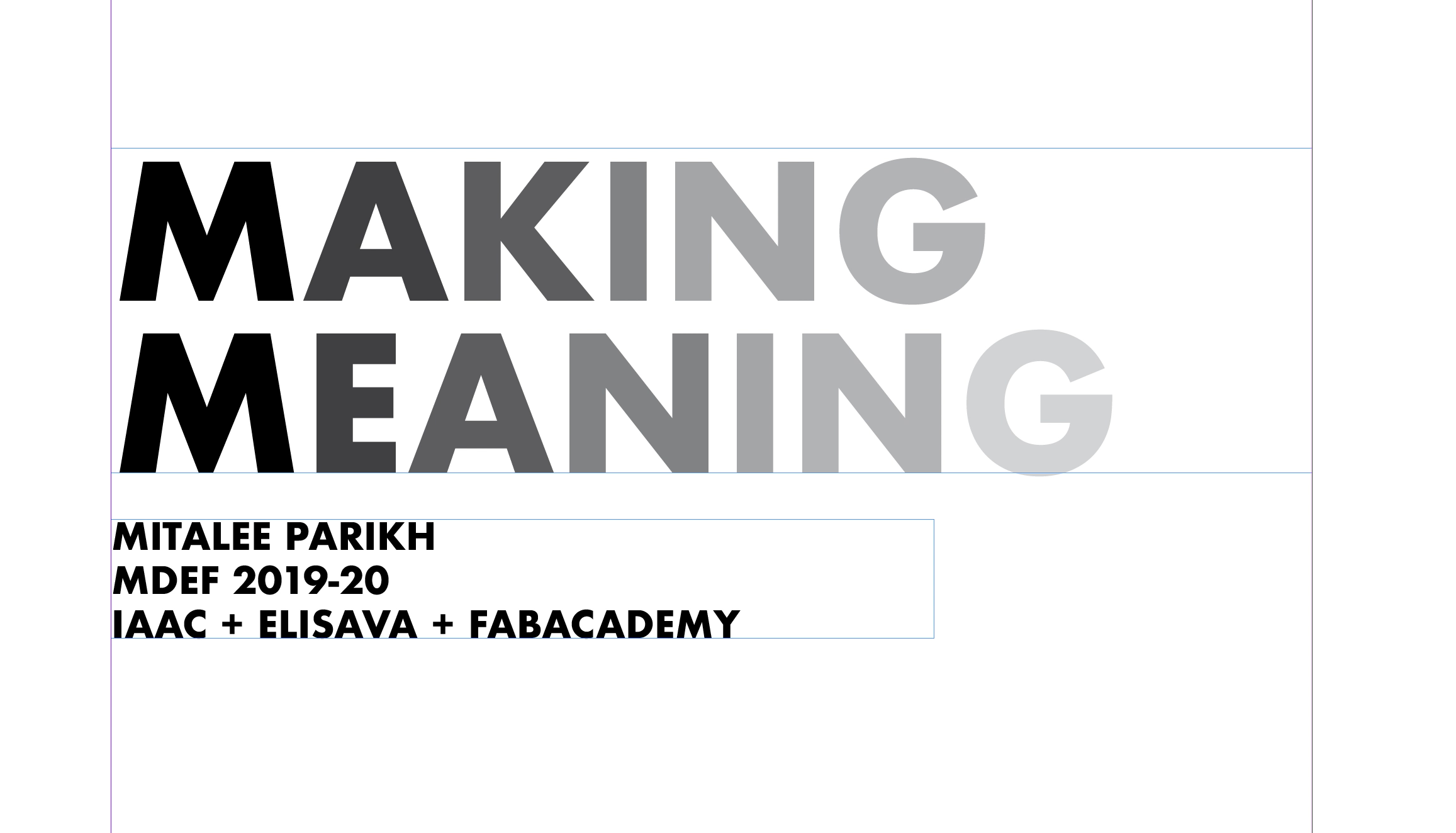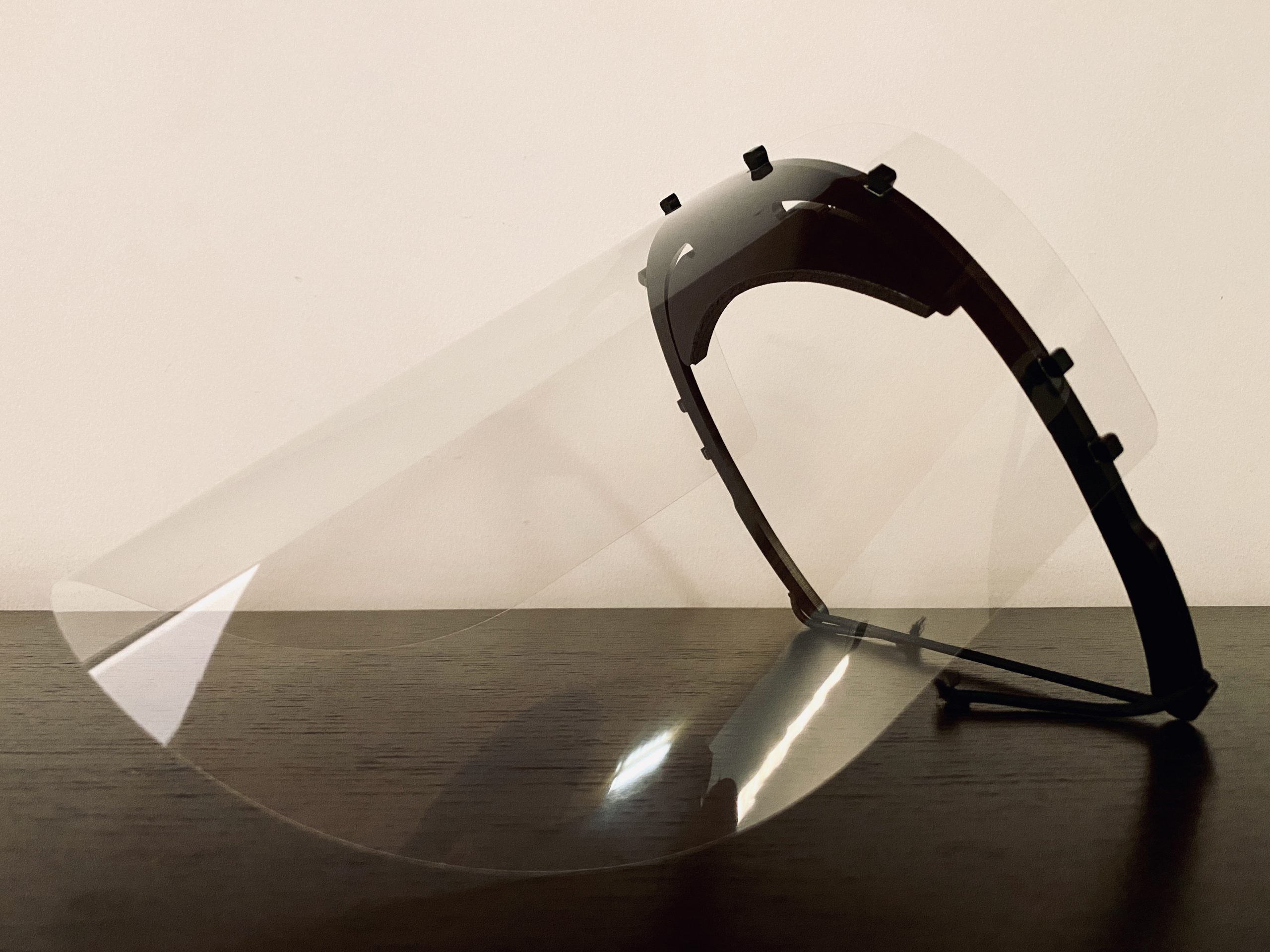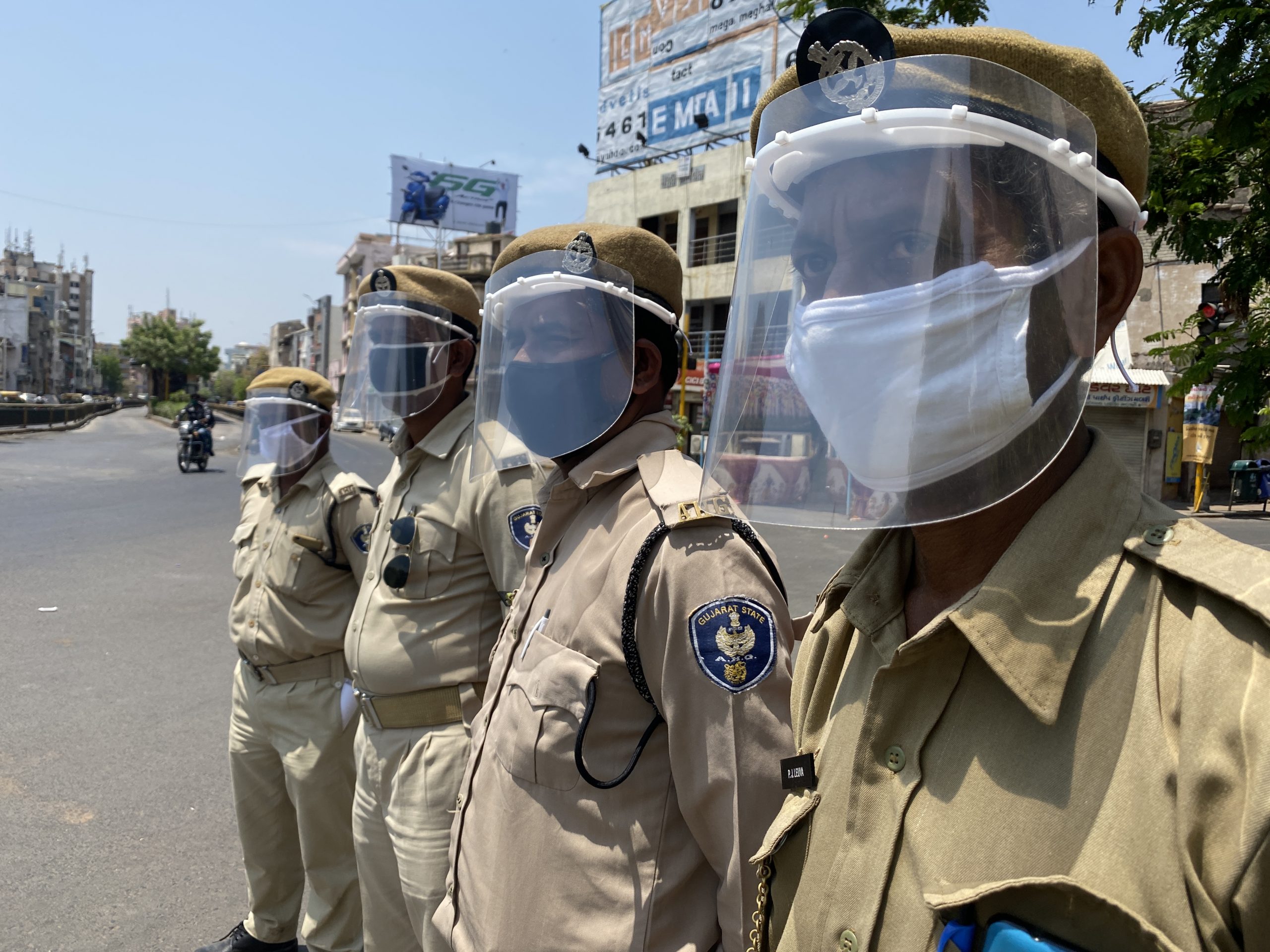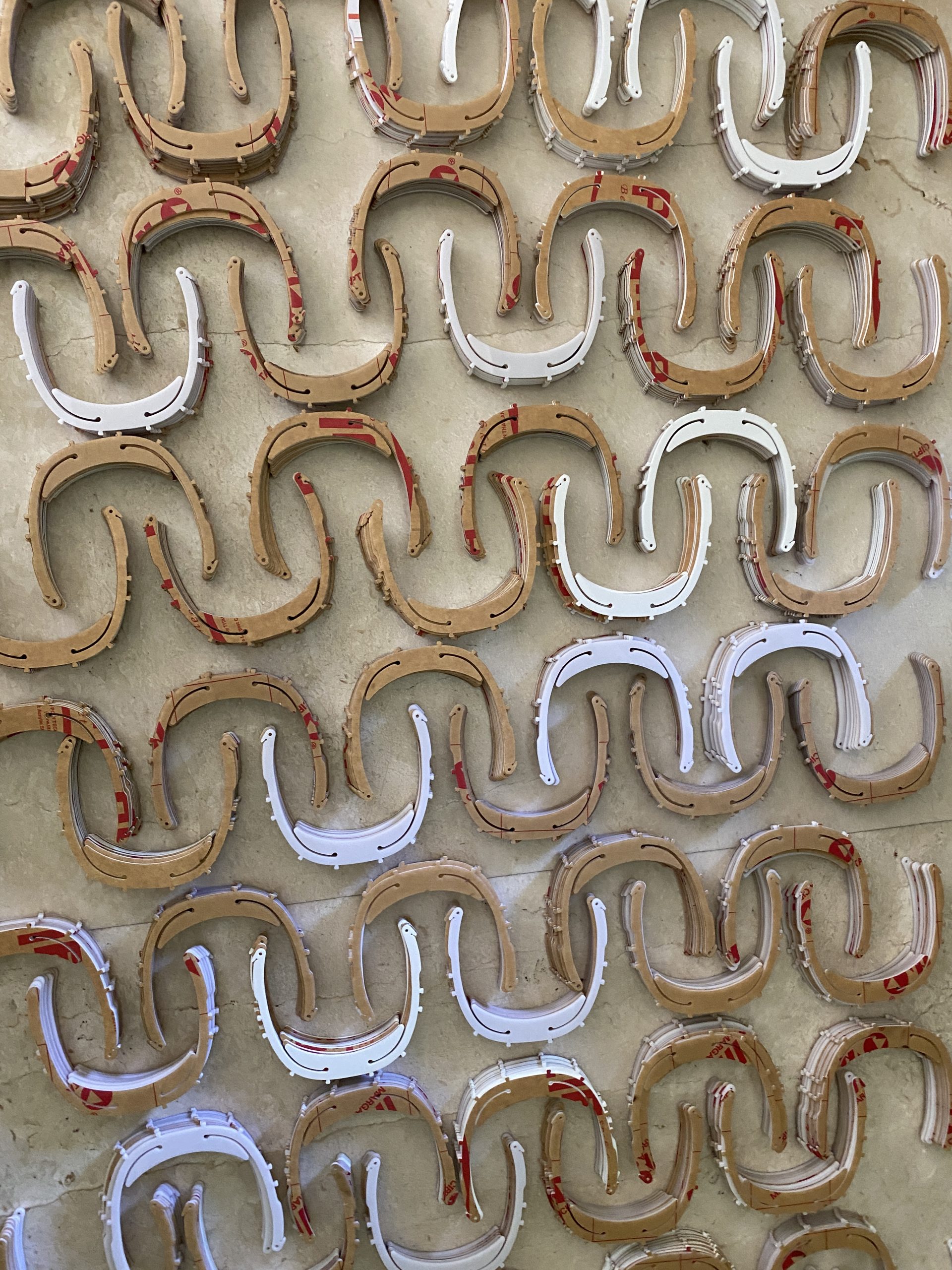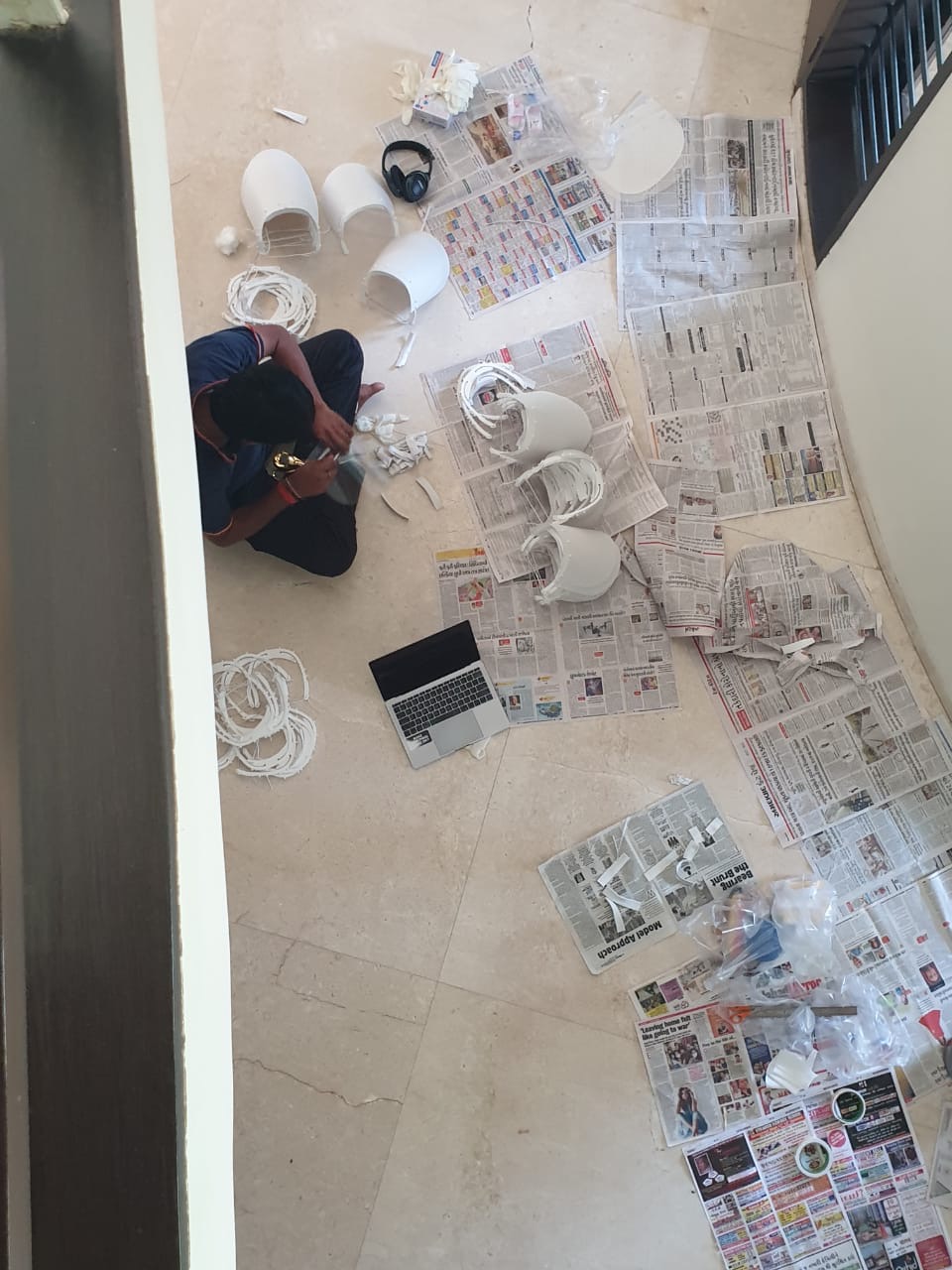Making Meaning
MDEF 2019/2020
Faculty: Óscar Tomico, Mariana Quintero and Tomás Diez
Student: Mitalee Parikh
Making meaning an inquiry and exploration into how we make things by gaining insights into how we buy, use and sell things. How can we change the things we make by changing the way we make things? After the industrial revolutions, manufacturing processes have become so efficient that mass-producing things has become faster and cheaper by the day. The technologies we have developed have a way of keeping up with our imaginations. The question then is – what futures do we imagine? We have systems for mass customisation using automation as well as making machines for markets of one, so how we make things that make sense and add value to the world, is an important part of the exploration. The systems and patterns of capitalism, consumerism and consumption that have shaped the Great Acceleration are evident not only as climate change but also in social and economic equalities, human health, and relationships with other species. Our relationship with objects has changed way beyond their intrinsic value and our aspirations attached to owning things. Influenced by the psychoanalytic methods used in advertising and propaganda, this exploitative nature of the systems that we have created are now failing us. My aim through this research is to deconstruct or reduce the value of a thing to its core and then re-attach a meaning to it in a way that it accounts for the intangible positive as well as negative impact it creates in surrounding spheres.
The first part of the study is about understanding what we have put out there, what it’s like to make our own things, and what it means to live with the minimum. It focuses on the fast moving consumer goods industry, because cleaning products, soaps are used by everybody all over the world, and they are bought again and again. Learning from the mistakes of the past, progress and growth need to be redefined by how the peripheral conditions have affected our planet and how we have come to build the Anthropocene. Designing and making for the long term must not only balance it’s own systems but also make amends for the past. Natural resources can not be treated as infinite and free anymore. The direct relation between shorter product cycles and increased waste make redesigning not only objects, but systems, cultures, habits for a just future inevitable. The second part of the study deals with more specialised manufactured objects like electronic parts, and explores the possibilities of being self-sufficient in a market that is majorly dependent on global supply chains. Finally, adapting to the new constraints created by the pandemic situation the final part is about using the advantages of distributed open source design and the power of distributed local manufacturing to add value to society. The study concludes with a model/framework to make meaningful interventions in the world and understand what it means to make things that make sense.

